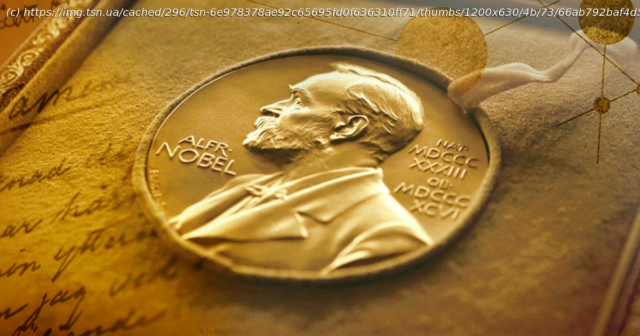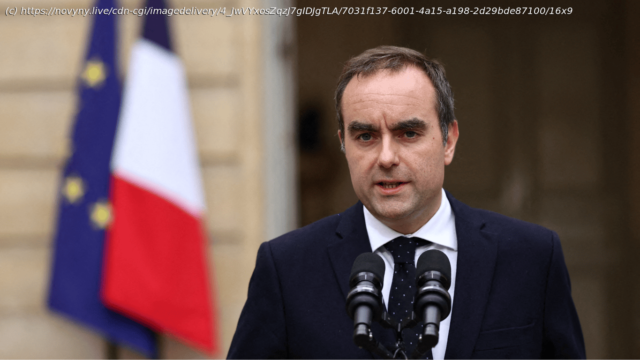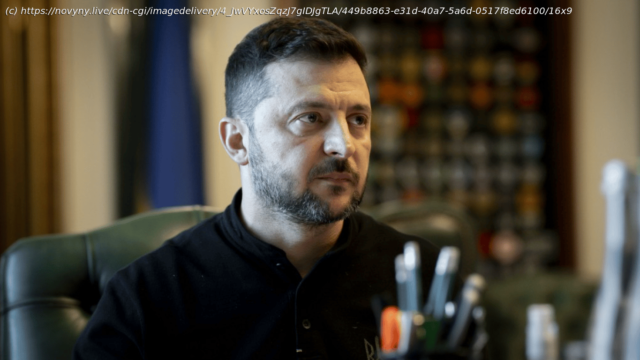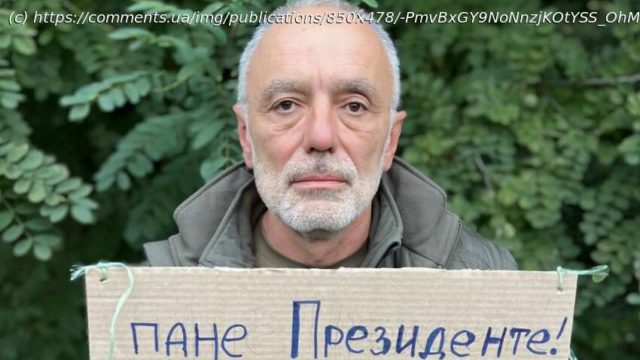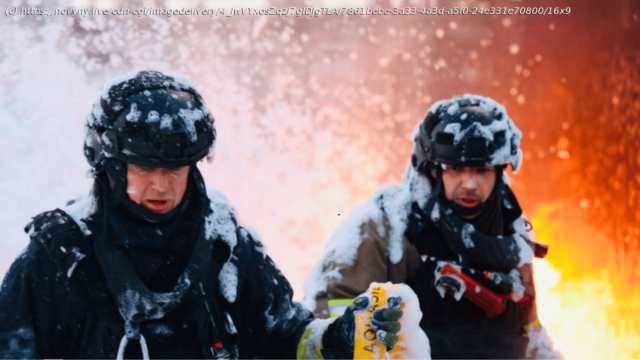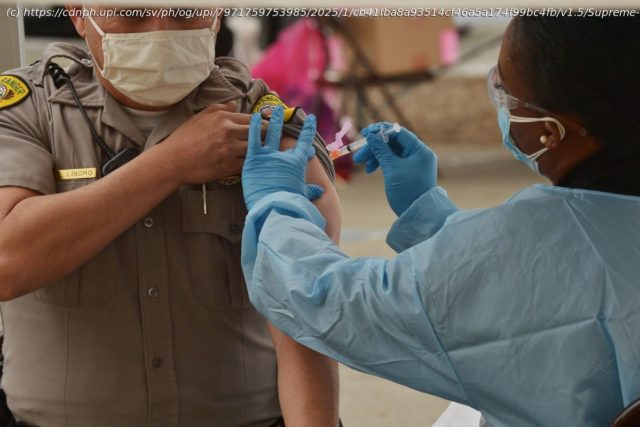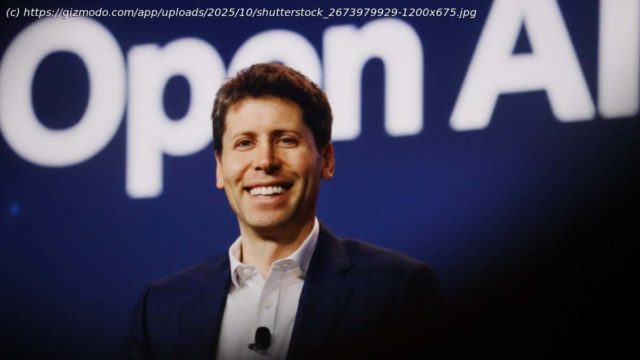The Supreme Court will hear cases of a Rastafarian over forcibly shaving off dreadlocks and a counselor opposing a ban on conversion therapy for minors.
Oct. 6 The appeals of a Rastafarian who wants to sue correctional officers for forcibly shaving off his dreadlocks and a counselor who is challenging a ban on conversion therapy for minors are on the U.S. Supreme Court’s docket for its 2025-26 term, which begins Monday.
Decisions by the justices on whether to grant review of other cases that impact religious liberty are pending.
When Damon Landor was serving a five-month sentence at a Louisiana prison in 2020, his dreadlocks were almost down to his knees. He had taken a Nazarite vow, the biblical oath taken by Samson that requires him to abstain from cutting his hair.
Landor came to the prison prepared with a copy of a 2017 decision by the 5th U.S. Circuit Court of Appeals that said Louisiana’s policy of cutting the hair of Rastafarians violated the Religious Land Use and Institutionalized Persons Act.
The act prohibits regulations that impose a «substantial burden» on the religious exercise of persons confined to institutions.
Landor showed the decision to the intake guard, who threw the papers in the trash and summoned the warden. The warden asked him if he had documentation about his religious beliefs from his sentencing judge, Landor’s appeal says. He did not, but offered to contact his attorney to get the documents.
But on the instructions of the warden, Landor was handcuffed to a chair and two guards held him down while a third shaved him bald, the appeal says. After his release from prison, he filed suit, accusing the prison officials of violating the law.
A judge dismissed the suit, ruling that based on precedent, the law does not allow for damages against individual state officials. The dismissal was upheld by a three-judge panel of the 5th U.S. Circuit Court of Appeals, which said they «emphatically condemn» Landor’s mistreatment, but that he could not seek money damages from them.
The appeal says the Supreme Court ruled in 2020 that government officials can be sued in their individual capacity for damages for violations of the Religious Freedom Restoration Act and that the Religious Land Use and Institutionalized Persons Act contains identical language.
Arguments in the case are scheduled for Nov. 10.
Regulating speech or conduct?
The court is slated to hear an appeal Tuesday by Kaley Chiles, a Christian and a licensed professional counselor who is challenging Colorado’s Minor Conversion Therapy Law that bans counseling conversations with minors that might encourage them to change their sexual orientation or gender identity while allowing assistance to a person undergoing gender transition.
Many of Chiles’ clients also are Christians who seek her help because of their shared faith-based convictions, according to the appeal. It claims the ban censors conversations based on viewpoints and violates her free speech rights.
But the 10th U.S. Circuit Court of Appeals upheld the law as a regulation of Chiles’s conduct, not speech.
The restrictions work only one way and the repercussions for breaking the law include thousands of dollars’ worth of fines and revocation of a counseling license, said Kate Anderson, the senior counsel of Alliance Defending Freedom, which represents Chiles.
«If you’re a secular counselor pushing gender ideology on children? That has the government’s golden seal of approval. But helping clients who genuinely want to regain peace with their biological sex? That’s forbidden», Anderson wrote in a post on the alliance website.
Although the arguments in the case center on free speech, religious and advocacy organizations on both sides of the issue have filed friend-of-the-court briefs raising religious freedom arguments.
Americans United for Separation of Church and State filed a brief on behalf of 23 national and Colorado-based religious organizations to show there is broad religious support for conversion therapy bans, senior litigation counsel Amy Tai said. The groups represent Christian, Jewish, Hindu, Muslim, Unitarian Universalist and other faiths.
«This case is about Colorado’s law that protects LGBTQ+ youth from being subjected to harmful and discredited conversion therapy practices», Tai said. «The law is not anti-religion and applies to all mental health professionals. It does not ban conversion therapy on religious grounds.»
Split over wedding vendor cases
Catharine Miller, owner of Tastries Bakery in Bakersfield, developed written design standards for her custom creations to ensure they conform to her Christian beliefs. She was sued in 2017 by the California Civil Rights Department after she declined to design and create a wedding cake for a same-sex couple and offered instead to put them in touch with another custom baker.
The suit accused Miller of sexual orientation discrimination and violations of the state’s public accommodation law. After a five-day trial, a Superior Court judge found there was no intentional discrimination because Miller’s only motivation was fidelity to her sincere Christian beliefs, and that the department’s enforcement action violated her free speech rights.
The state Court of Appeal reversed that ruling, saying Miller was not engaged in either pure speech or expressive conduct because the cake that the couple requested was a nondescript, plain white cake that «conveyed no particularized message about the nature of marriage.»
After the California Supreme Court declined to review the Court of Appeal decision, Miller turned to the U.S. Supreme Court. The questions presented by the appeal are of nationwide importance, not least because the decision «drags out a culture war that ought to have been ended long ago», according to the Becket Fund for Religious Liberty, which represents Miller.
«Government attempts to compel expression related to ceremonies are of course not new to this Court», the appeal says. «In recent years this Court has repeatedly heard cases involving religious objections to participating in same-sex wedding ceremonies. But this Court’s rulings have not yet stopped government attempts to suppress religious objectors. This case provides an excellent opportunity to put an end to that stubborn resistance to this Court’s rulings once and for all.»
The appeal notes there have been split rulings by courts on the issues. Three courts hold that the Free Speech Clause offers no protection against compelled expressive participation unless third parties would view that participation as expressing an endorsement of the ceremony, the appeal says.
In contrast, three courts hold that religious objectors cannot be compelled to expressively participate in a ceremony, whether or not third parties would perceive an endorsement.
«As lower courts keep trying to evade the Supreme Court’s rulings on wedding vendor cases, I think the Supreme Court’s going to need to take another one of these and clarify what the law is and how broad the protections for religious freedom are», said Luke Goodrich, Becket’s vice president and senior counsel.
COVID-19 and religious accommodations
COVID-19 restrictions and vaccine mandates are the issue in appeals pending a review decision. Petitioners who say they were fired from their jobs after being denied a religious accommodation include an Illinois nurse who refused to get the vaccine or submit to weekly asymptomatic testing, and New York healthcare workers who failed to meet the requirement of getting at least one COVID-19 shot.
In another New York case, 19 public school teachers and education administrators allege a post-pandemic vaccine mandate denied religious accommodations to educators with «personal» religious beliefs or whose religious leaders, such as Pope Francis, had publicly endorsed vaccination. However, the mandate granted accommodations to those affiliated with other established religious organizations, they say.
«Under this discriminatory scheme, Christian Scientists received automatic accommodation while Catholics were ineligible», the appeal alleges.
The educators sued New York City and won an order that a citywide panel consider their accommodation requests, but almost everyone was denied again, according to the appeal.
In another challenge, three private Amish schools in New York allege in a lawsuit that a public health law that disallows religious exemption to the state’s school vaccine requirements, but permits secular exemptions violates the Free Exercise Clause of the First Amendment. The state imposed «ruinous penalties» on the schools and Amish parents for declining to violate the faith, their appeal says.
The Amish share a sincere religious objection to vaccination, the appeal says.
«Today in New York, if a vaccine would harm your lungs, you may be exempted; but if it would harm your soul, you may not», the appeal says.
A judge dismissed the suit and the 2nd U.S. Circuit Court of Appeals affirmed that ruling, leading to the appeal.
Christine Asing, an employee of Hawaii’s Department of Agriculture unsuccessfully sought a religious exemption from the state’s COVID-19 vaccination and testing mandate and was fired. She asked her labor union, the Hawaii Government Employees Association, to file a grievance on her behalf, but was told the policy was consistent with the collective bargaining agreement.
Asing sued, claiming the union discriminated against her by refusing to pursue her grievance because it was based on religious objections while pursuing comparable grievances based on secular objections. The suit was dismissed by a trial judge and the dismissal was upheld by the 9th U.S. Circuit Court of Appeals.
Other religious liberty issues
Justices will hear arguments in West Virginia and Idaho cases about whether limiting participation in girls’ and women’s sports based on biological sex determined at birth violates the Equal Protection Clause. In the Idaho case, the same question is also asked about Title IX, which prohibits sex-based discrimination in federally funded education.
Also pending at the Supreme Court is a motion for a rehearing by Apache Stronghold, a coalition of Western Apache and their allies who are fighting to stop the construction of a mine in Arizona at Oak Flat, also known as Chi’chil Bildagoteel, where Indigenous people have worshiped for centuries.
The coalition filed suit seeking to stop the federal government from transferring Oak Flat to Resolution Copper Mining in a swap for conservation land. The plaintiffs allege destruction of the sacred site violates their rights under the Free Exercise Clause of the First Amendment and the Religious Freedom Restoration Act.
The act bars the government from substantially burdening a person’s exercise of religion except in furtherance of a compelling governmental interest — and only if an action is the least restrictive means of furthering that interest.
The lower courts found there was no burden on the plaintiffs, and after the 9th U.S. Circuit Court of Appeals declined last year to stop the swap, Apache Stronghold appealed to the Supreme Court. The court declined in May to take the case, which allowed the 9th Circuit decision to stand.
Goodrich said the destruction of the central sacred site of your religion so you can’t pass on your faith to your children is a burden on religious exercise.
